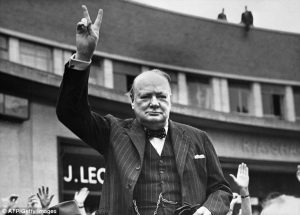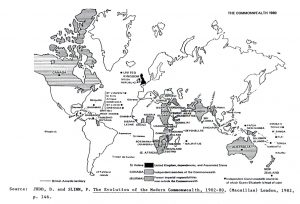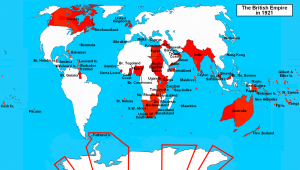What is the Commonwealth?

What is the Commonwealth?
The Modern Commonwealth is the free association of sovereign states that had been members of the British Empire. “A loose, but in some ways powerful, association united by similar legal and political institutions, but bound by no constitution or rules of membership. The United Kingdom monarch is widely recognised by the member states as head, though it is not clear what this means. The monarch cannot be head of the Commonwealth, since that is a position that bears no legal sovereignty. Nor can (s)he be head of each state, since that is legally impossible, and formally rejected e.g. by India, which has declared itself a republic.”1
The most efficient way of co-operation between all members of the Modem Commonwealth is the practice of close consultation that has been devised. This machinery which makes consultation take place at all levels is smooth and effective. “In London the Commonwealth Relations Office is the main centre of consultation and information. As a mark of their more intimate relations Commonwealth countries exchange High- Commisioner instead of Ambassadors. Commonwealth consultation is so valuable because it is continuous. There is a non-stop exchange of telegrams, memoranda and visits upon all subjects of mutual interest so that members are probably better informed about each other than any other group of countries.”2
There are various levels of meetings, from small sub-committees to the Prime Minister’s Conferences which take place about once every eighteen months. Another important Commonwealth link is trade. About 20-25% of the total trade carried out in the world is Commonwealth trade. Defence is another matter of close Commonwealth liaison. “There are inter- Commonwealth staff meetings; co-ordination of training and planning; exchange of staff officers and training specialists; standardisation of equipment; joint co-operation as in the Woomera rocket-testing range in Australia or the Commonwealth strategic reserve of British, Australian and New Zealand troops stationed in Malaya; assistance in training, equipment and personnel has been extended to new members of the Commonwealth after independence.”3
However, not all the former members of the British Empire continued ties with Britain. “There was the precedent of the thirteen North American colonies which forcibly took their independence between 1776 and 1783. In the twentieth century, however, the withdrawals were agreed to more amicably.4 During the 1930s, as we saw in the previous chapter, the Irish, or at least the southern Irish, extracted themselves from the British connection though the independence of Eire was not formally recognised until 1949. Egypt had never formally been part of the empire, although a protectorate was established there between 1914 and 1922 and various degrees of British military occupation had been imposed between 1886 and 1956. The Anglo-Egyptian Sudan, which had been run as a condominium by Britain and Egypt since 1899, was granted its independence in 1956; and it withdrew from the Commonwealth. Britain’s rule over League of Nation’s mandate in the Middle East was exercised fairly lightly, with independence being granted to Iraq in 1932 and the Trans-Jordan in 1946.



